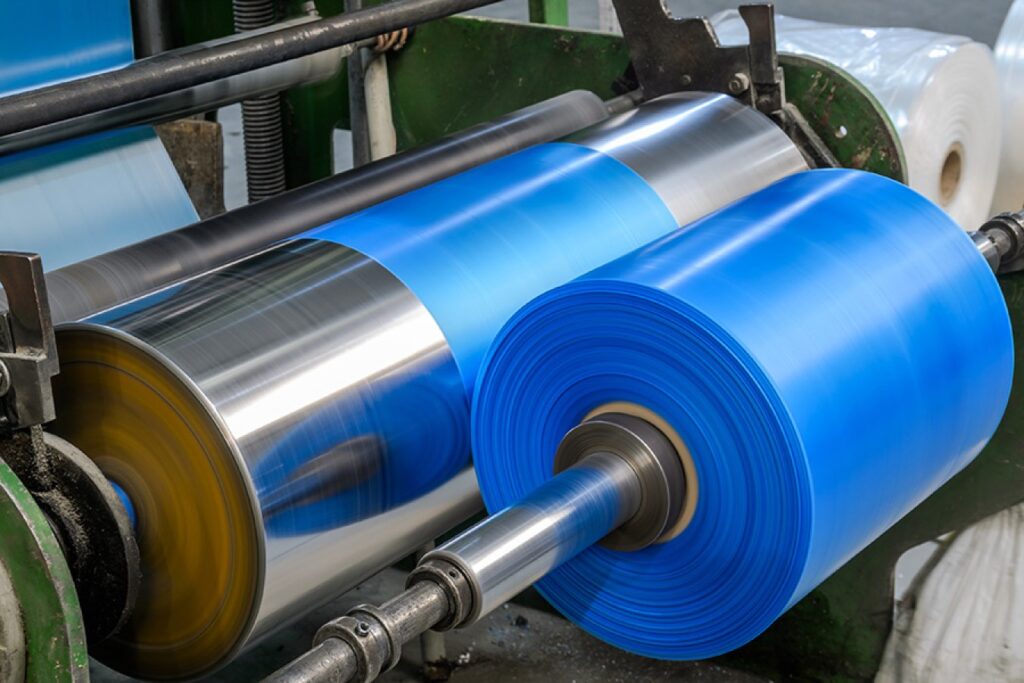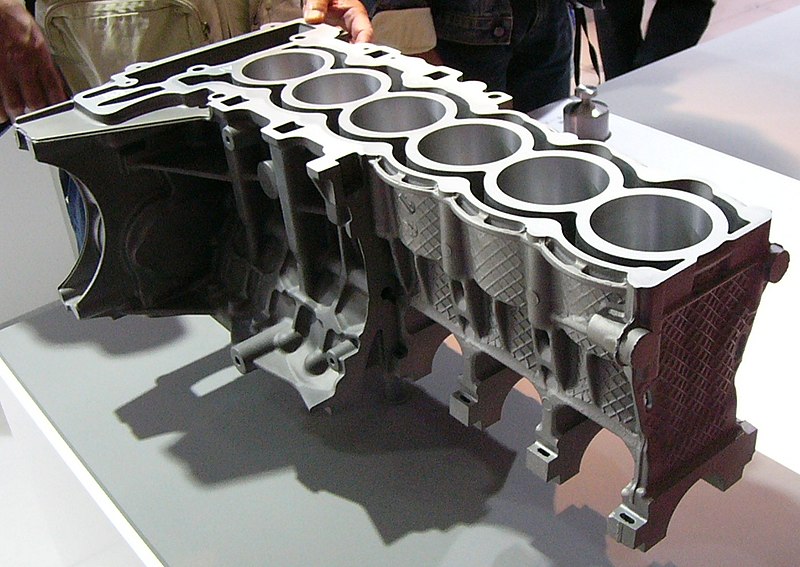Plastic distributors play a crucial role in the industrial world, acting as intermediaries between plastic manufacturers and businesses that rely on plastic materials for production. These distributors provide a wide variety of plastic forms, including sheets, rods, tubes, films, and resins, to industries such as automotive, packaging, construction, electronics, and healthcare. Their job is not just to supply materials but to ensure that the products delivered meet industry standards and client specifications. Plastic distributors help businesses maintain their competitive edge by offering quick turnaround times and tailored solutions. In today’s fast-paced manufacturing environment, reliability and consistency in material supply are essential, and that’s exactly what these distributors deliver. They also help with the selection of materials that are best suited to your needs based on factors such as durability, price, flexibility and environmental impact. As the demand for plastics increases in traditional markets and on emerging ones, their role is becoming more important.
Plastic distributors are responsible for managing an extensive inventory of various plastic types in order to satisfy different industrial needs. These can range from common thermoplastics like polypropylene and polyethylene to engineering plastics such as polycarbonate, nylon, and PTFE. Distributors must know the properties of each type of plastic, such as resistance to chemicals and heat. They also need to be familiar with their own characteristics. They often maintain detailed product catalogs and provide material data sheets to help customers make informed decisions. Some industries, like aerospace and medical device manufacturing, demand high-performance plastics that meet stringent regulatory standards, and distributors ensure that these materials are available and compliant. By keeping a wide variety of materials in stock, distributors enable manufacturers to streamline procurement and minimize downtime. They are able to save their clients money and time by utilizing their knowledge.
In addition to supplying raw materials, many plastic distributors offer value-added services that make them indispensable partners to their customers. Some of these services include CNC machining and thermoforming. By offering these solutions, distributors help clients reduce the need for secondary processing, thereby shortening lead times and simplifying logistics. Some distributors also assist with design consultation and prototyping, which is especially helpful for businesses developing new products. With advancements in digital technology, many distributors now offer online ordering systems, real-time inventory tracking, and automated delivery schedules. These systems make it easier for customers to plan their purchases and maintain consistent stock levels. It is important to not only sell plastic but also to offer a complete material solution to meet the production needs of clients.

Sustainability has become a growing concern in the plastics industry, and many plastic distributors are stepping up to meet environmental expectations. A growing number of plastic distributors are now offering recycled or biodegradable options to reduce manufacturing’s environmental impact. They also work closely with clients to promote closed-loop recycling systems, where used plastics are collected, processed, and reintroduced into the supply chain. Some distributors participate in education campaigns to raise awareness about sustainable plastic use and responsible disposal practices. Others invest in new technologies and partnerships to improve plastic waste management and support green innovations. These sustainability efforts are not only good for the planet but also appeal to environmentally conscious clients looking to reduce their carbon impact. Plastic distributors contribute to the global drive towards more sustainable manufacturing by promoting responsible usage and sourcing. For more information please visit here https://hargaplastiksampahcor.com/plastik-sampah/
These companies face a number of challenges despite the numerous opportunities that exist in the plastics distribution industry. Supply chain disruptions, fluctuating raw material prices, and increasing regulations are constant concerns. To stay competitive, distributors need to be agile and responsive, with strong supplier networks and contingency plans in place. The rise of e-commerce and digital procurement also means that distributors must invest in technology to streamline operations and meet modern buyer expectations. Training staff in plastics materials and customer service, as well training them on logistics is also crucial to maintaining standards. Competition in the industry is fierce, and only those who adapt quickly to change and offer added value will remain successful. Overcoming these challenges requires a proactive approach, continuous improvement, and a commitment to excellence at every stage of the supply process.
Plastic distributors are an important link between manufacturers and raw material suppliers in a variety of industries. They are more than just material suppliers. Their roles include technical knowledge, added-value services and an increasing commitment to sustainability. They help companies maintain their productivity by providing customized, timely and reliable plastic solutions. Smart, responsible, and efficient plastic distribution is becoming more important as industries change and concerns about the environment grow. The future of this industry will be shaped by distributors who embrace innovation, make investments in their customer relationships and adhere to high ethical and environmental standards. Plastic distributors may not be the most visible, but they are behind the scenes of countless products which drive the global economy and our everyday lives.



